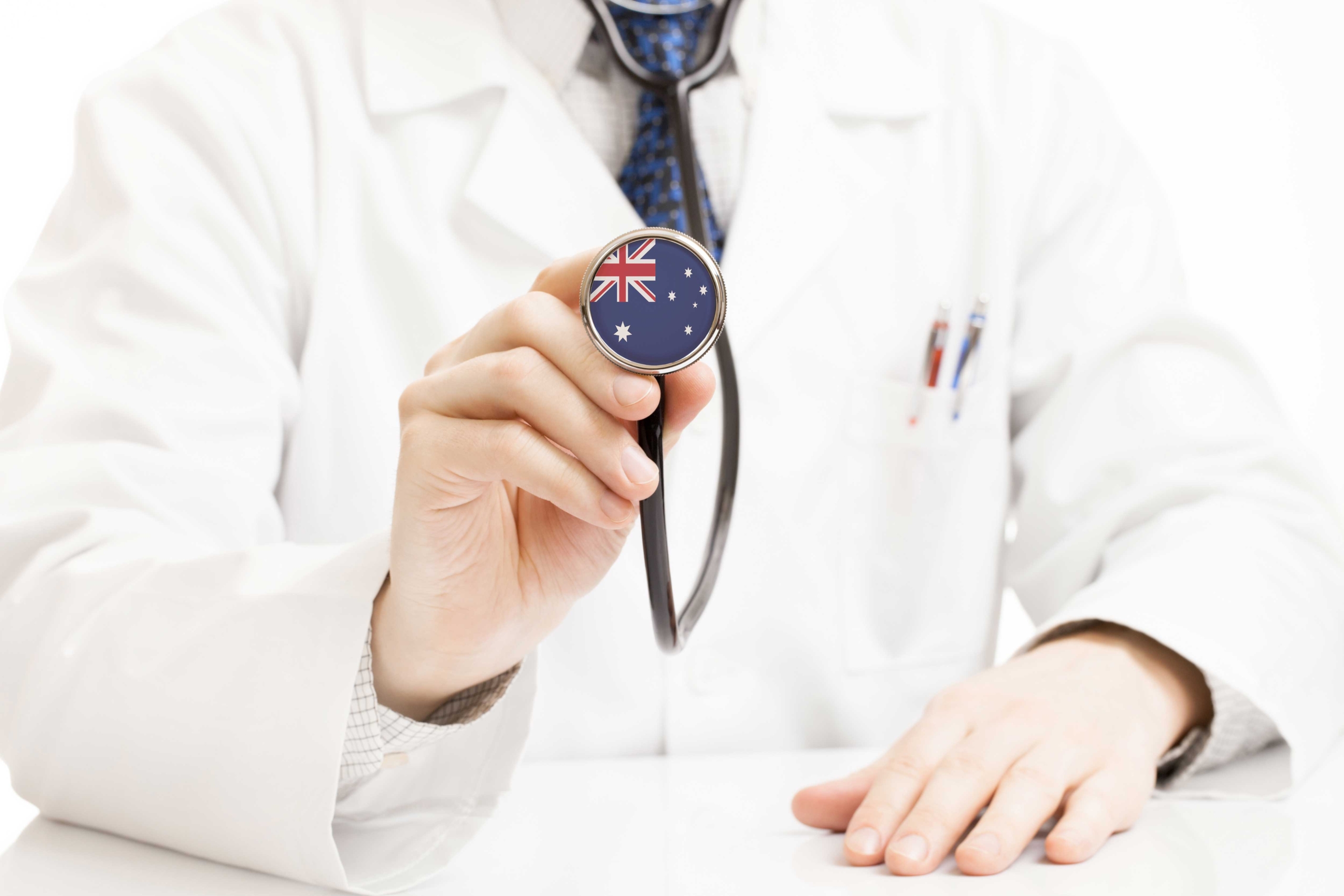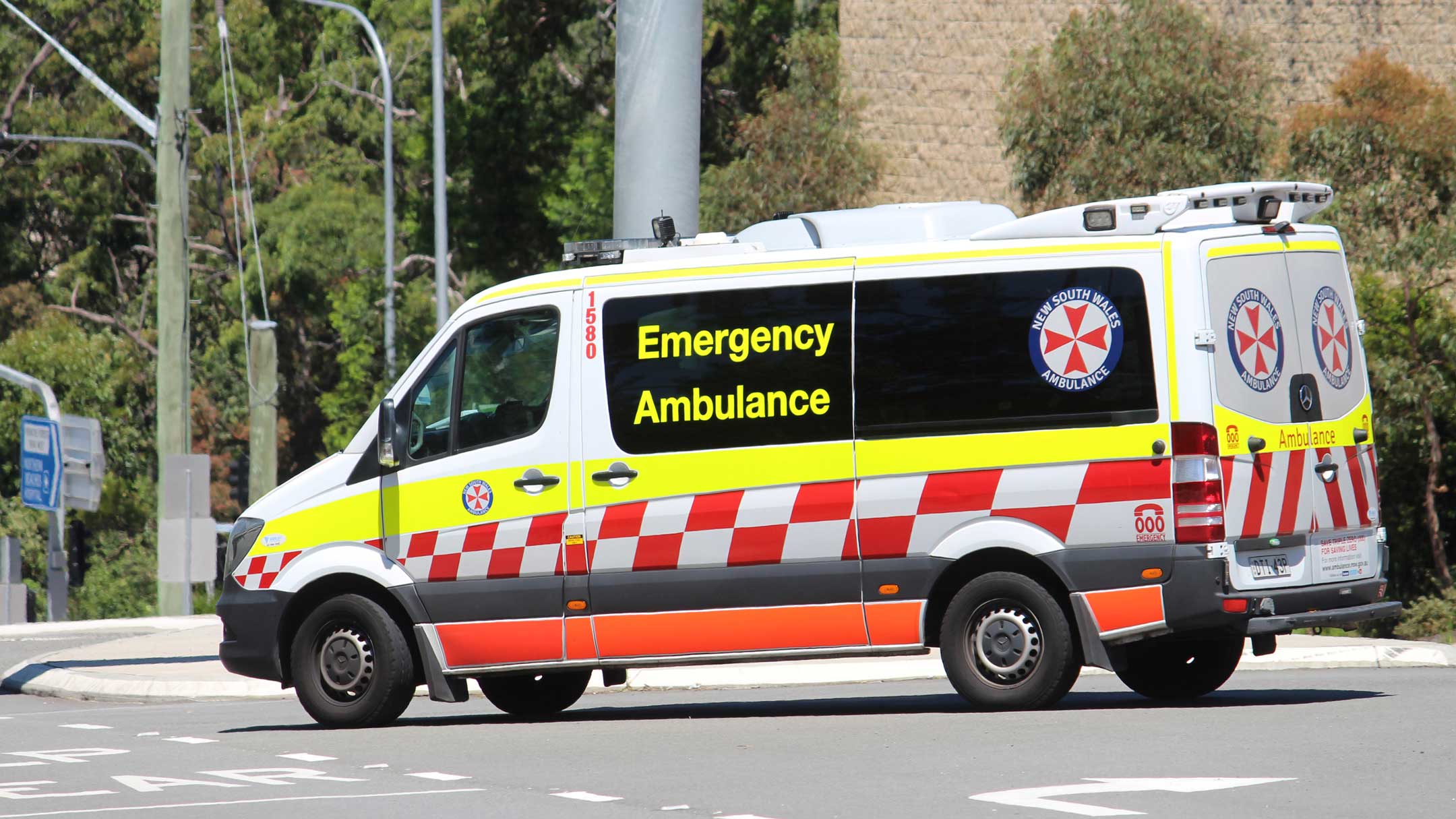Navigating a new healthcare system in a foreign country can be daunting. For international students in Australia, understanding how to access medical services is crucial. Here’s an essential guide to help you manage your health needs whilst studying in Australia.
Accessing General Practitioners (GPs)
A General Practitioner (GP) is your primary contact for most medical issues. GPs provide a wide range of services including diagnosing and treating health conditions, mental health support, vaccinations, referrals for tests or specialist services, and prescriptions for medications. You can find GPs in private practices, public clinics, and medical centres. The cost of visiting a GP varies, and if you are not covered by Medicare, you will need to pay the full fee unless you have suitable private health insurance that might cover these costs.
Overseas Student Health Cover (OSHC)
As an international student, you are required to have Overseas Student Health Cover (OSHC) which helps cover potential medical costs. OSHC generally covers visits to the doctor, some hospital treatment, ambulance cover, and limited pharmaceuticals. It’s important to choose a provider that suits your needs and budget, with popular options including Bupa, Medibank, Allianz, and nib.
Costs and Billing
When visiting a GP, ask if they offer bulk billing, which means there are no out-of-pocket fees for you. If bulk billing isn’t available, enquire about the fees above the Medicare Benefits Schedule (MBS) fee to understand any potential extra costs. Providers like Medibank offer a network of Direct Billing GPs, which can reduce or eliminate upfront costs for their members.
Hospital Visits
In Australia, doctors and specialists in hospitals can set their own fees. If you’re treated as a private patient, you may face out-of-pocket costs if the provider’s fees exceed what your insurance covers. Public hospitals typically handle emergencies and unplanned admissions, whilst private hospitals deal with elective procedures and other non-urgent services. Always ask for ‘Informed Financial Consent’ to understand any potential charges before treatment.
Emergency Services
If you require emergency medical assistance, dial 000 to connect with ambulance, police, and fire services. It’s crucial to have ambulance cover as part of your health insurance since ambulance services are not free in all Australian states.
Choosing a Specialist
If you need specialised treatment, your GP will refer you to a specialist. Discuss any potential out-of-pocket costs with the specialist before proceeding with treatment. Hospitals will typically assign a doctor for emergency cases, but you can choose your specialist in non-emergency situations, especially if you opt for private hospital care.
Online and Virtual Healthcare Services
Some health insurance providers offer virtual healthcare services allowing you to consult a doctor online. This can be particularly convenient for minor ailments or when seeking quick medical advice.
Maintaining Your Health Insurance
Ensure your health insurance is active throughout your stay in Australia. Keep track of the expiry date and renew your coverage as necessary to avoid any gaps in your coverage.
Understanding these aspects of the Australian healthcare system will help you manage your health effectively while you study. Always have your insurance details accessible and be aware of where and how to seek medical help if needed.
Read next article
Read previous article
Share this on the socials







